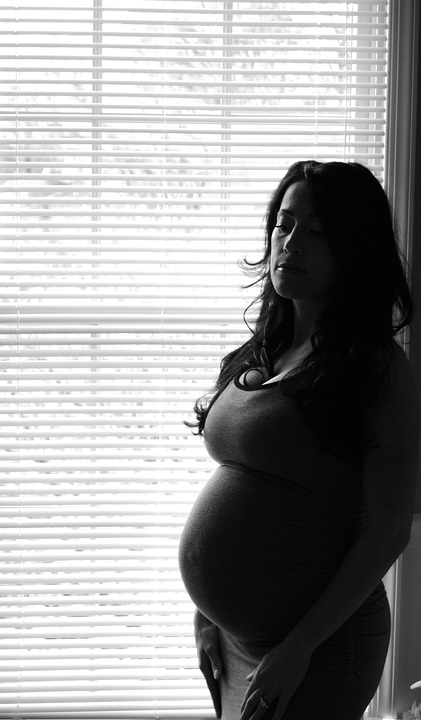
Miscarriage is a heartbreaking and traumatic experience that many women and their partners go through. It is a loss that can have a deep emotional impact on those involved. Understanding the emotional aftermath of a miscarriage is crucial in order to navigate through this difficult time and seek appropriate support. In this article, we will delve into the various emotions that accompany miscarriage and how to cope with them.
First and foremost, it is important to recognize that miscarriage is a loss. It is the loss of a hoped-for future, the loss of a dream, and the loss of a potential life. It is natural for women and their partners to feel a range of emotions following a miscarriage, including sadness, grief, anger, guilt, and even feelings of emptiness or numbness.
One of the most common emotions experienced after a miscarriage is grief. Grieving the loss of a pregnancy is a natural and healthy response to the loss of a hoped-for child. It is important to allow oneself to grieve and to process the emotions that come with it. This may mean allowing oneself to cry, to talk about the experience, and to seek support from loved ones or a therapist.
Another common emotion experienced after a miscarriage is guilt. Women may blame themselves for the miscarriage, wondering if they did something wrong or if they could have prevented it. It is important to remember that miscarriage is rarely caused by anything the mother did or didn’t do. Most miscarriages are due to chromosomal abnormalities that are beyond anyone’s control. It is important to let go of feelings of guilt and to be kind to oneself during this difficult time.
Anger is also a common emotion experienced after a miscarriage. Women and their partners may feel angry at the unfairness of the loss, angry at their bodies for failing them, or angry at the world for not understanding their pain. It is important to acknowledge and express these feelings of anger in healthy ways, such as through journaling, exercise, or talking to a therapist.
Feeling empty or numb is another common emotion experienced after a miscarriage. This may be a defense mechanism to protect oneself from the overwhelming pain of the loss. It is important to recognize that feeling numb is a normal response to trauma, but it is also important to seek support and allow oneself to feel the full range of emotions that come with miscarriage.
In addition to these common emotions, women and their partners may also experience feelings of shame or embarrassment. Miscarriage is often a taboo subject in our society, and many women feel stigmatized or judged for their loss. It is important to remember that miscarriage is a common experience that affects many women, and there is no shame in grieving the loss of a pregnancy.
Coping with the emotional impact of miscarriage can be a challenging and painful process, but there are ways to seek support and healing. One way to cope with the emotional aftermath of a miscarriage is to talk about it. Sharing one’s feelings and experiences with loved ones or a therapist can be a cathartic and healing process. It is important to find someone who is empathetic and understanding to talk to, and to avoid people who may minimize or invalidate one’s feelings.
Another way to cope with the emotional impact of miscarriage is to take care of oneself. This may mean engaging in self-care activities such as exercise, meditation, or journaling. It is important to prioritize one’s physical and emotional well-being during this difficult time.
Seeking support from others who have experienced miscarriage can also be helpful in coping with the emotional aftermath of a miscarriage. There are many support groups and online forums for women and their partners who have gone through miscarriage, where they can connect with others who understand their pain and offer support and solidarity.
It is important to remember that healing from a miscarriage takes time, and there is no right or wrong way to grieve. It is important to be patient with oneself and to allow oneself to feel the full range of emotions that come with miscarriage. With time, support, and self-care, it is possible to find healing and peace after a miscarriage.






